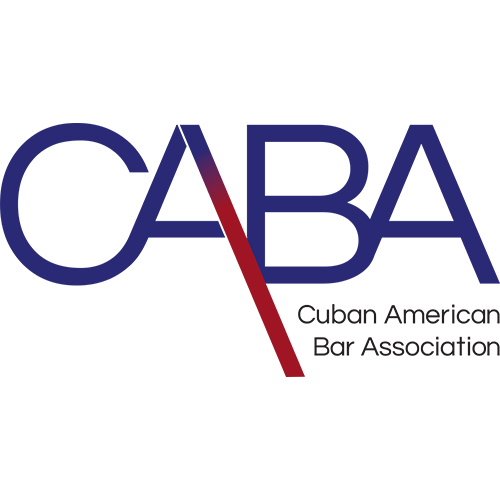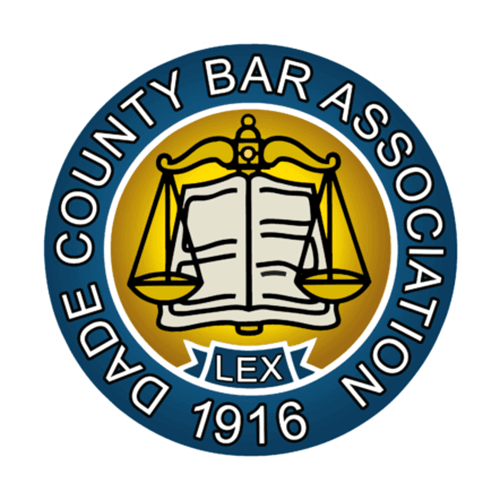Governmental Immunity In Premises Liability Cases
One of the most common premises liability situations occurs when a member of the public is injured by a defect on a public sidewalk or roadway. For example, many accidents occur when traffic lights or signs malfunction, are obscured or are not present at all. Another example is when a local government entity is performing roadwork involving an excavation or obstruction of the roadway and someone is injured due to the change in the road’s surface or traffic flow. Finally, a very common situation is when someone is injured when he or she trips and falls due to a defect in a public sidewalk. In these cases, it would seem clear that the governmental unit responsible for maintaining the road or walkway should be held legally responsible to the injured party.
Traditionally, however, governmental entities enjoyed what is known as “sovereign immunity,” which establishes complete immunity of the government from being sued and found liable in a lawsuit. State and federal governments have reduced this broad sovereign immunity over the years, however, by passing laws that limit or reduce the immunity of government entities in certain situations. These laws vary from state to state, but most are modeled on the Federal Tort Claims Act (FTCA), which is a federal law waiving the sovereign immunity of the federal government under certain circumstances and allowing it to be sued.
If you or a loved one was injured on government property or by a government employee or agent, you should contact an experienced attorney as soon as possible to determine your legal solutions.
The Federal Tort Claims Act
Congress enacted the Federal Tort Claims Act in 1946. Prior to that time, the federal government could not be sued for a personal injury, wrongful death, or property damage caused by its employees unless there was a specific act of Congress explicitly authorizing such an action. Today, the FTCA allows individuals to recover against the federal government for personal injury, wrongful death, and property damage caused by the negligence of a federal employee acting in the scope of his or her employment.
A person is generally found to be acting within the scope of his or her employment if his or her conduct was authorized by competent authority, such as a supervisor or a standard government procedure, and was serving, at least in part, a governmental purpose. If an individual is injured by the act or omission of an independent contractor retained by the federal government, the government might be held liable for the contractor’s negligence if the plaintiff can show the government had the authority to control the detailed physical performance of the contractor and exercise substantial supervision of its day-to-day activities.
Even if they occur on government property, the federal government cannot be held liable for the intentional acts of assault, battery, false imprisonment or false arrest, abuse of process, or malicious prosecution, with limited exceptions that apply to law enforcement officers. Also, the federal government cannot be held liable for damages or injuries that stem from the performance of, or failure to perform, a discretionary function.
The only type of relief allowed under the FTCA is money damages for a specified amount. Federal law governs the procedure for pursuing a claim against the federal government under the FTCA, but the substantive law of the state where the negligent act or omission occurred will determine the government’s liability. Under the FTCA, an individual must make his or her claim, in writing, within two years after it becomes apparent a cause of action exists. Submitting a written claim is a prerequisite to bringing a lawsuit against the federal government and the failure to do so would likely result in the dismissal of a suit against the government.
State Government Immunity Laws
An individual wishing to bring a premises liability claim against a state or municipal government entity will be bound by the state’s government immunity laws. Many state immunity statutes limit liability for premises defects; some do this by establishing a relatively low standard of care owed to those on government property. For example, some state immunity statutes require that the government exercise that level of care which a private person would owe a licensee on private property, rather than the “ordinary care” standard that has been adopted by most states for actions between private parties. In addition, some states create different standards of care depending on the type of defect at issue and whether the injured party paid to use the property.
Several state immunity acts limit governmental immunity where a case involves a “special defect,” which is a premises defect that is more dangerous than most because it presents an unusual and unexpected danger. A special defect is typically a condition that endangers ordinary users of a highway, road, or street, and usually does not have to have been created by the government entity to require the government to act to prevent injuries. For example, if a storm knocks a tree into a roadway, the government might be held liable for injuries resulting from the tree’s presence if the government knew or, in the exercise of reasonable care, should have known of the problem.
Finally, as with claims against the federal government, state immunity statutes usually have written notice of claim requirements, with which an injured party must comply prior to filing a lawsuit against a government entity. Each state’s rules regarding when these notices must be given and what they must contain will vary, so it is important to speak with an attorney regarding the law in your state.
Conclusion
Premises liability actions against government entities involve very specific rules and procedural requirements. Thus, if you are injured on public property, it is important to speak with an attorney as soon as possible to ensure that you comply with the very restrictive notice and claim filing requirements that apply to such actions.
DISCLAIMER: This site and any information contained herein are intended for informational purposes only and should not be construed as legal advice. Seek competent legal counsel for advice on any legal matter.





